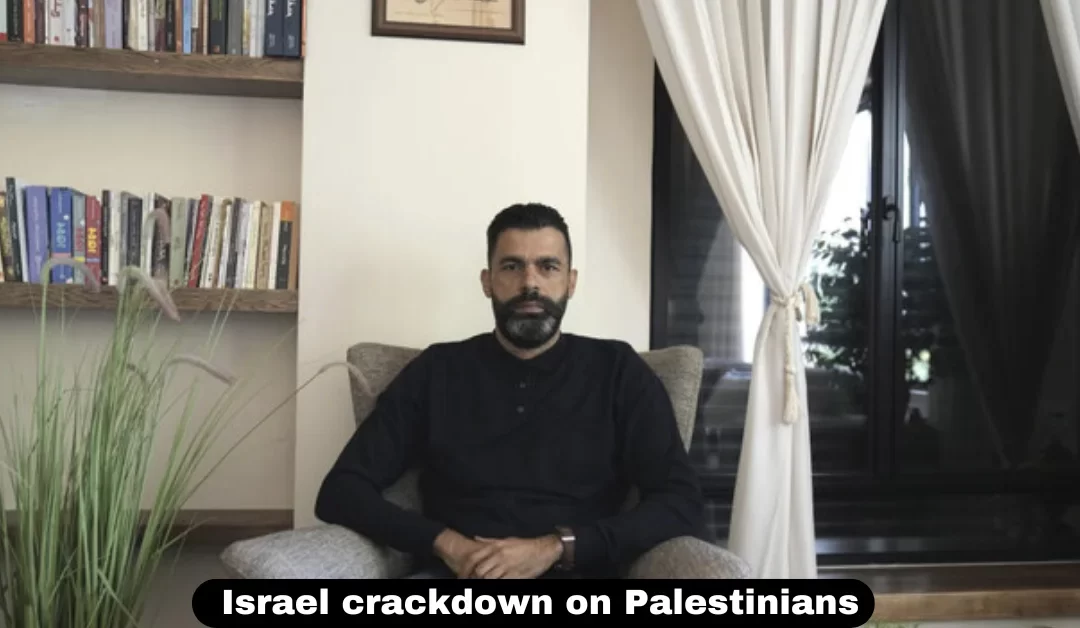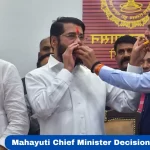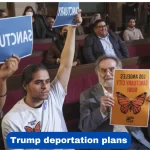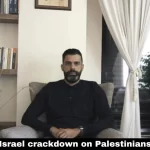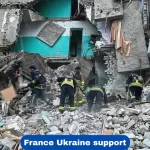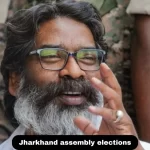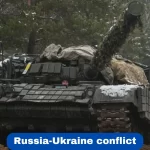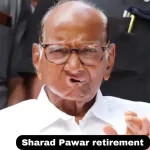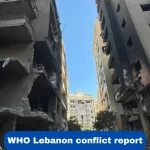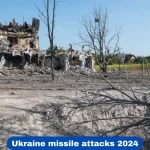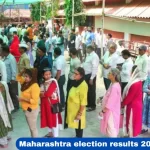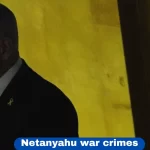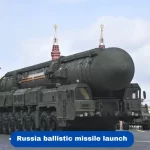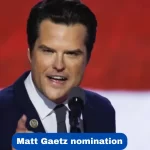Israel has been taking strong actions against its Palestinian citizens who speak out about the ongoing war in Gaza. Many fear punishment, such as jail time or losing their jobs, leading to widespread self-censorship. Despite these challenges, some Palestinians are still finding ways to express their views carefully and cautiously.
Strict Actions Against Palestinians
Israel has launched a major crackdown on Palestinian citizens who voice their opinions about the war. Over 400 Palestinians have been investigated since the start of the Gaza war for “incitement to terrorism” or “incitement to violence.” More than half of these cases led to criminal charges or detentions, according to the rights group Adalah.
One example is Ahmed Khalefa, a lawyer and city council member from central Israel. He was jailed for three months after chanting in support of Gaza at a protest. Following his release, he was detained at home for six more months and is still awaiting a verdict.
The authorities have used a 2016 law that allows suspects of “terrorism incitement” to remain detained until sentencing. As a result, many Palestinians feel silenced and afraid to participate in protests or even share their opinions online.
Rising Fear and Self-Censorship
The crackdown has made many Palestinians afraid to speak up. For example, Oumaya Jabareen’s son was jailed for eight months after attending a protest. “People are scared to say no to this war,” she said.
Even at a recent protest in Umm Al-Fahm, one of Israel’s largest Palestinian cities, the fear was clear. Although hundreds joined, turnout was much lower than in the past, and there were no Palestinian flags or bold slogans. The demonstration ended peacefully under heavy police and military surveillance, but the fear of repercussions kept many away.
New Measures to Control Dissent
The Israeli government has introduced more tools to monitor and punish dissent. Shortly after the Hamas attack on October 7, 2023, Israel strengthened a task force to monitor Palestinians’ social media activity. According to Nadim Nashif from the digital rights group 7amleh, these measures give the government more power to silence freedom of expression.
The task force, led by far-right National Security Minister Itamar Ben-Gvir, has tracked thousands of posts and arrested hundreds of individuals, including influencers, teachers, and activists. Ben-Gvir’s office defended the actions, stating, “Freedom of speech is not the freedom to incite violence.”
Expanding the Definition of “Incitement”
Activists argue that Israel’s definition of “incitement” is too broad. People have been charged for minor actions, such as posting memes or sharing statements of support for Gaza. One person was even charged for posting photos of children in Gaza with the caption, “Where were the calls for humanity when we were killed?”
The feminist group Kayan reported over 600 calls to its hotline from women facing backlash at work for speaking out. Protests in cities like Haifa have also been forcefully dispersed, while protests by Jewish Israelis for hostage releases continue without interference. This unequal treatment highlights a double standard in how the government handles freedom of speech.
A Growing Divide
The crackdown is deepening the divide between Israel and its Palestinian citizens, who make up about 20% of the population. While Israel claims they have equal rights, many Palestinians face discrimination in areas like housing and employment. This recent wave of arrests and restrictions further alienates them.
Ahmed Khalefa, the lawyer and city counselor, believes this suppression will continue even after the war. He said that the government is targeting even general slogans of solidarity with Gaza. Khalefa faces up to eight years in prison and may lose his ability to practice law. “They wanted to show us the price of speaking out,” he said.

